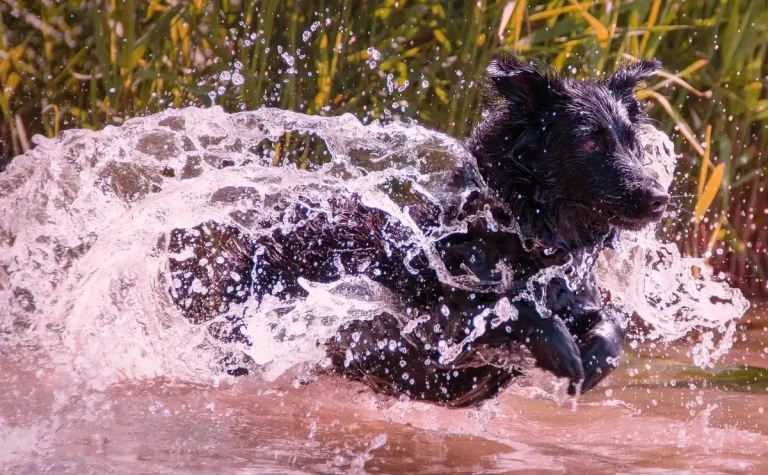29 Sept 2025
The BVA’s Voice of the Veterinary Profession survey found majority of vets feel responsible for prioritising and leading on environmental issues.

The BVA has launched a new online resource to help veterinary professionals advise pet owners on how they can reduce their animals’ environmental impact.
The association produced the resource in collaboration with Vet Sustain, a non-profit group promoting environmental awareness in veterinary practice.
Found in the “advice for pet owners” section of the BVA’s website, the resource offers five top tips that vets can share with clients.
The tips include choosing the right pet, such as by avoiding breeds known to have health problems, and keeping pets healthy through vaccination and maintaining a healthy weight to reduce the emissions associated with treatment.
Owners are also advised to consider their pet’s diet by avoiding overfeeding to prevent food wastage or obesity and considering foods with more sustainable ingredients.
Lastly, the association suggests purchasing fewer pet toys and accessories to reduce wastage or buying those made from sustainable or recycled materials, and to reduce harm done to wildlife by safely disposing of treatments such as parasiticides, picking up faeces and ensuring pets aren’t disturbing other animals.
Additional resources to help vets have such conversations with their clients, including graphics for use on social media and a poster that can be displayed in practice are available to download for BVA members.
BVA senior vice-president Anna Judson said: “This new resource aims to support vets to have those conversations with clients and inspire them to become more sustainable pet owners, right from the moment of choosing what pet to welcome into their family.”
Vet Sustain director Justine Shotton added: “As vets, we are able to not only give advice and information on pet care, health and welfare, but can also support our clients with their sustainability goals.
“We’re really pleased to have teamed up with BVA for this new resource, which is a really helpful prompt for these conversations and can help owners to understand the impact their pet can have on the planet and guide them on their way to cutting their pet’s carbon pawprint.”
Earlier this year, the association unveiled a new resource dedicated to pet diet advice.